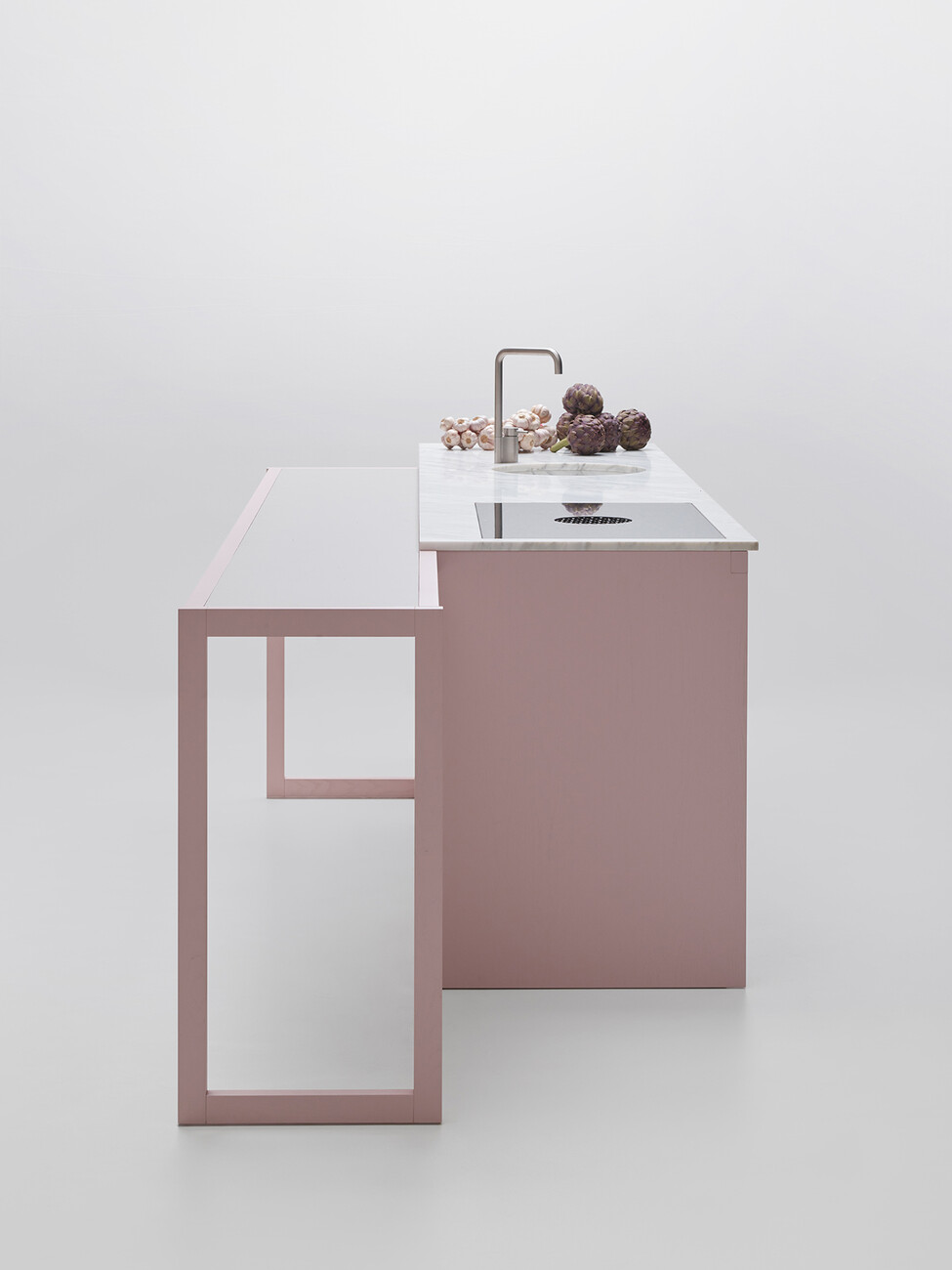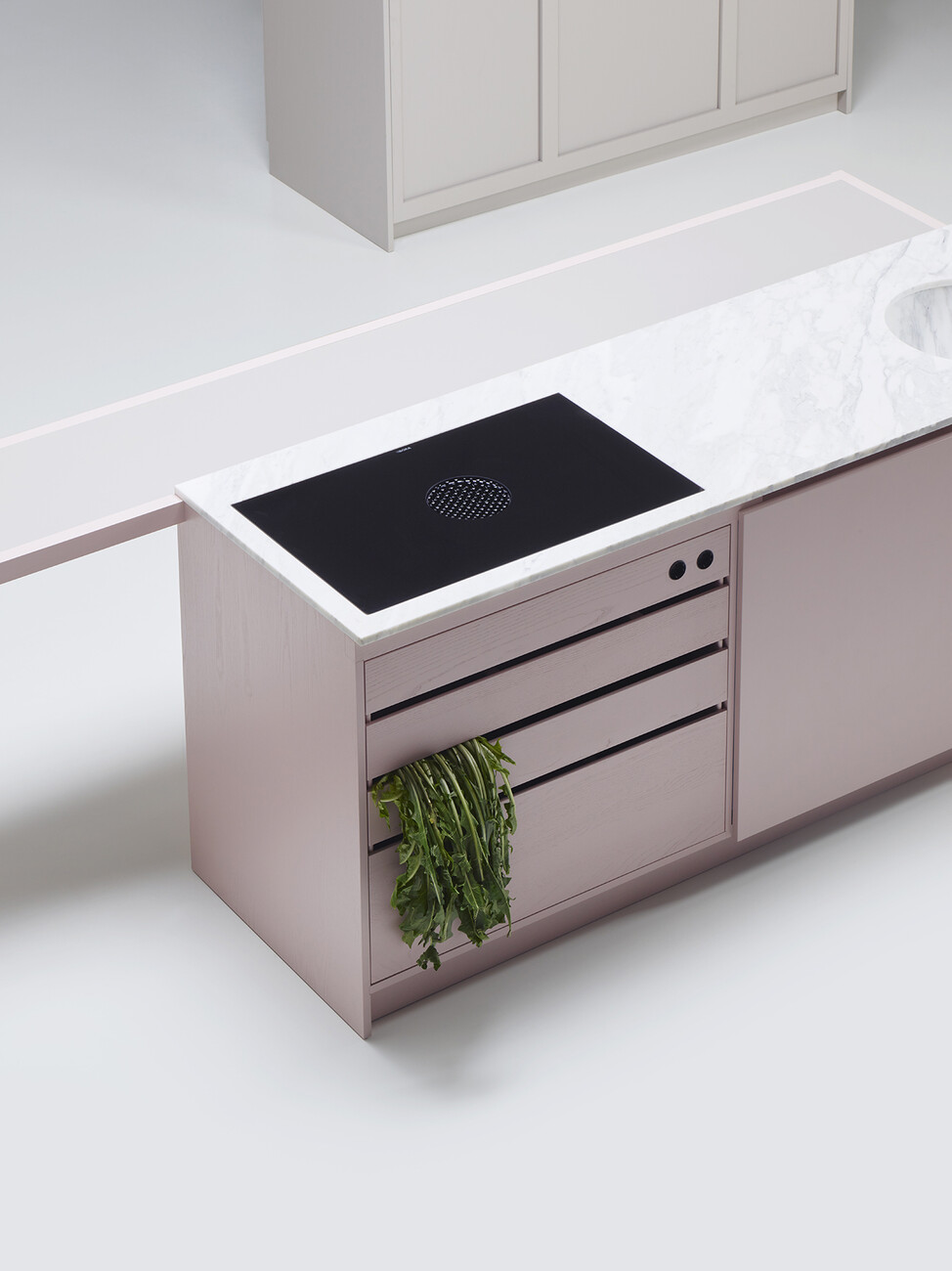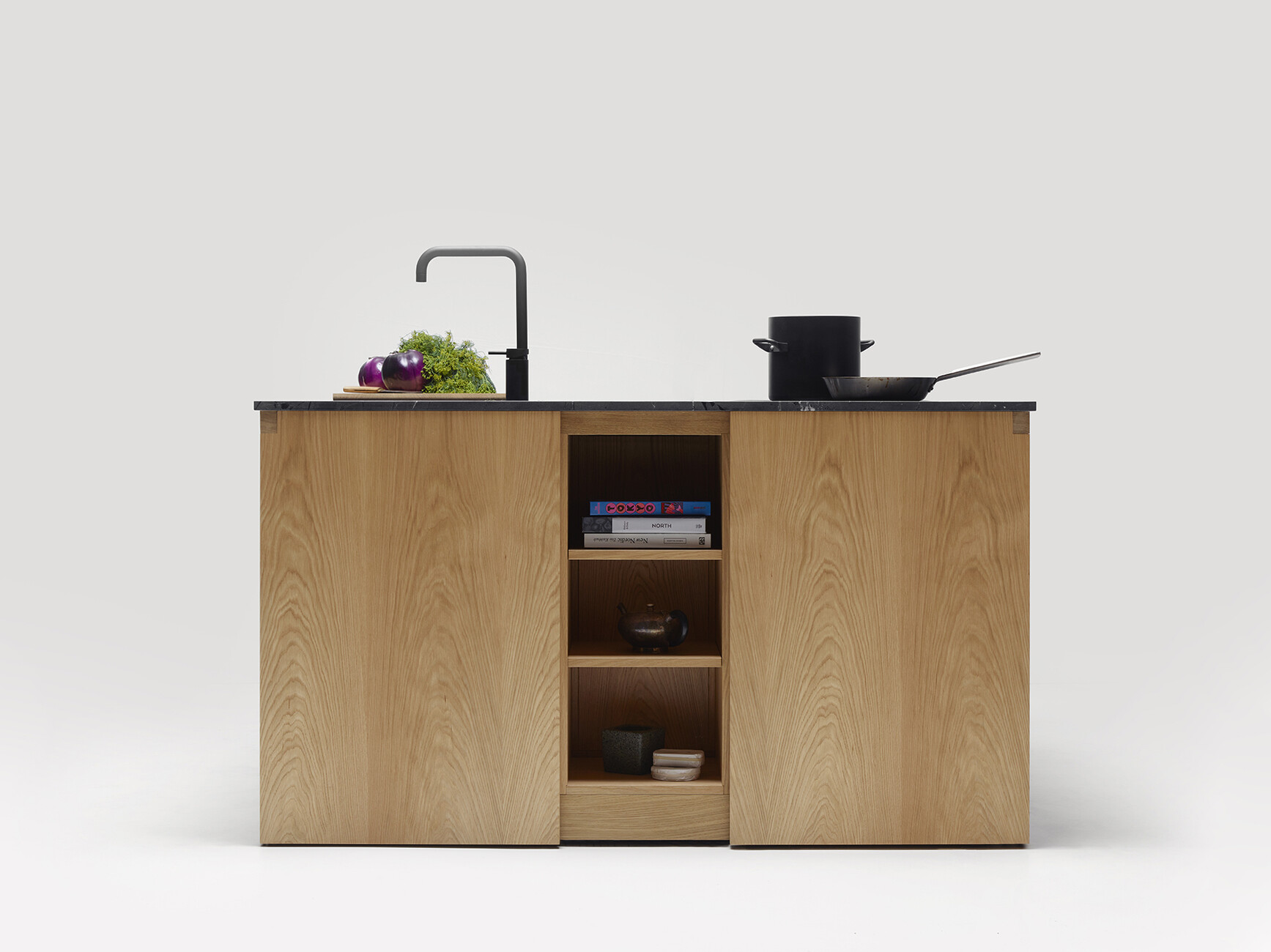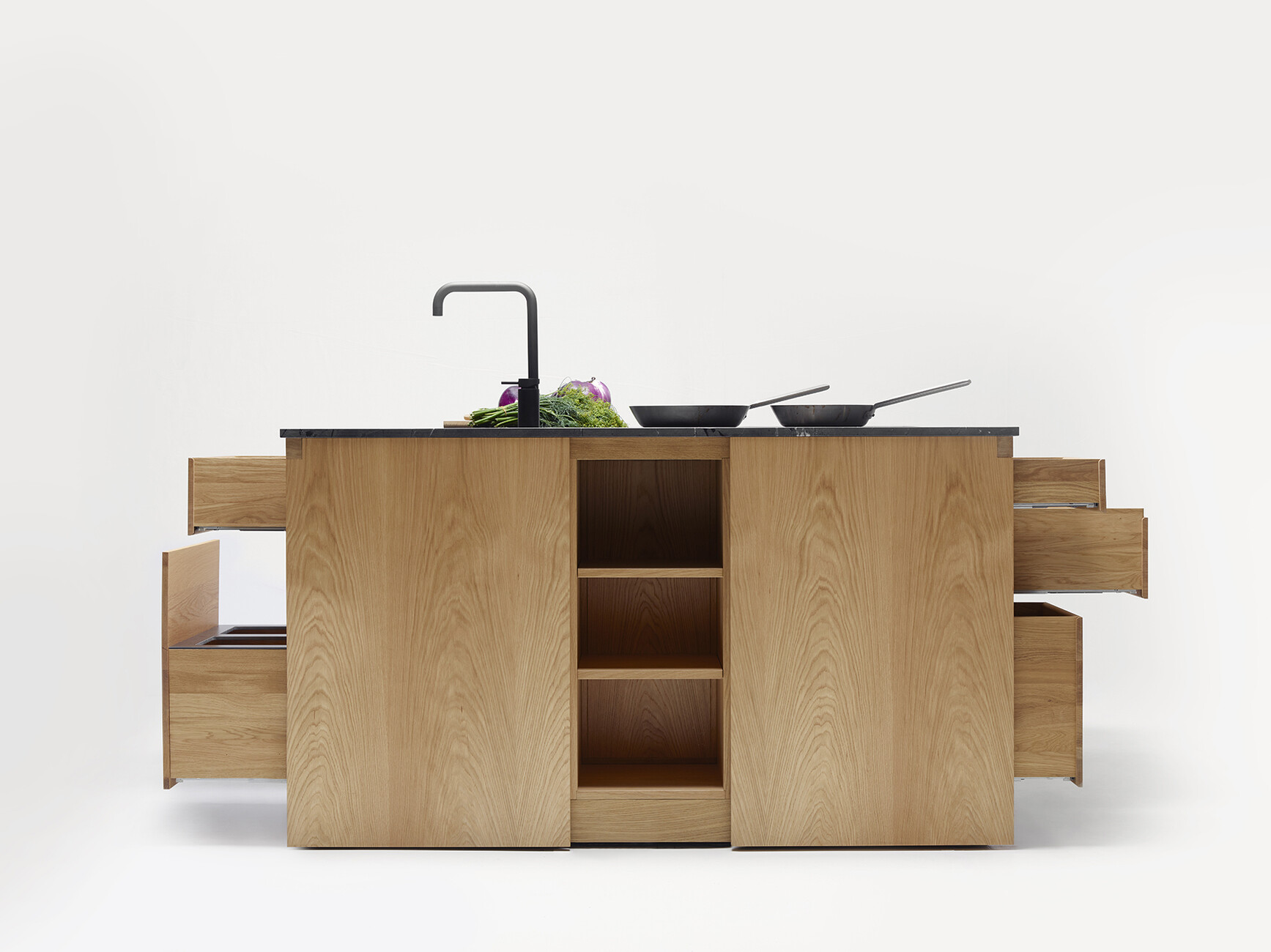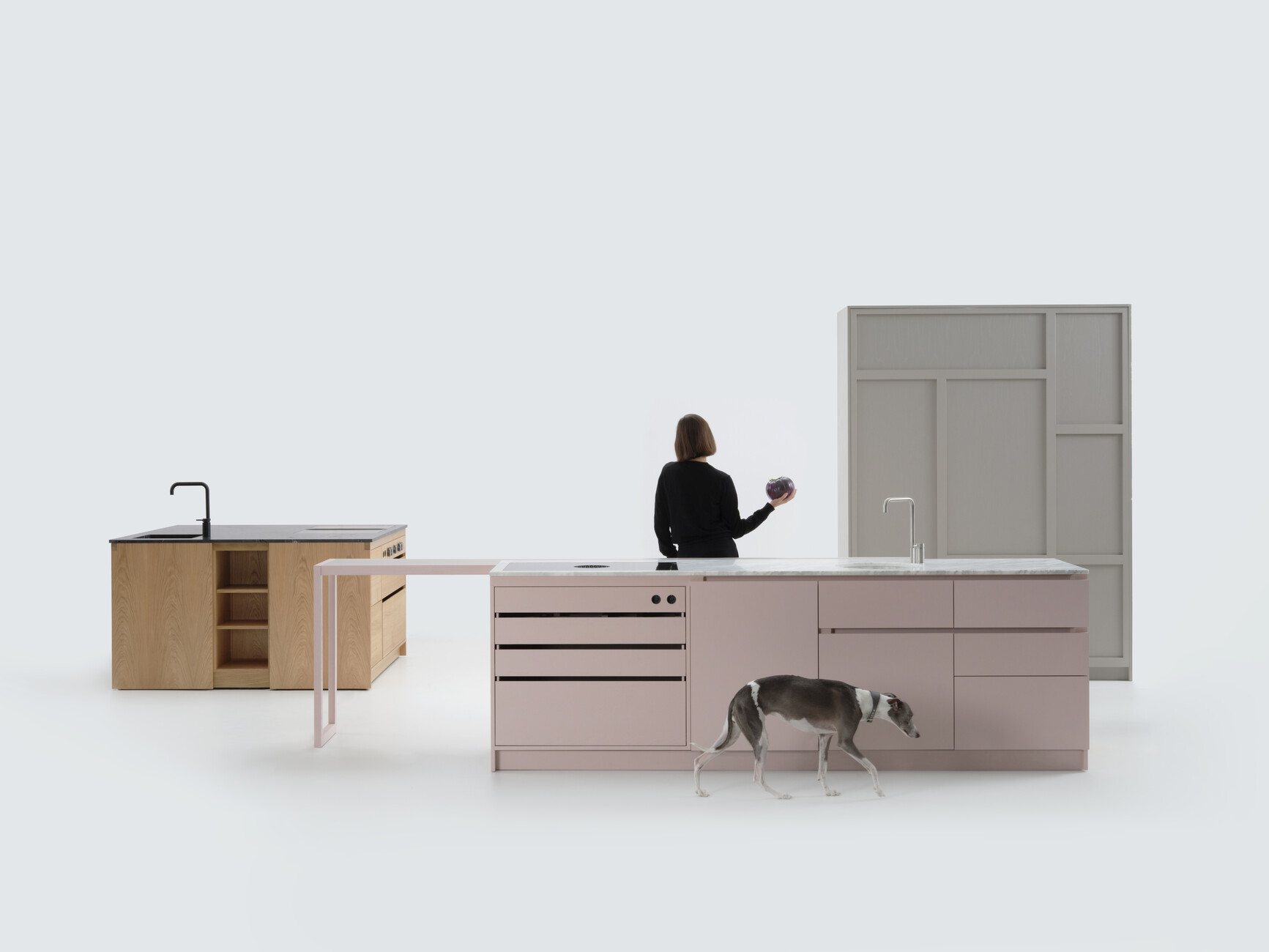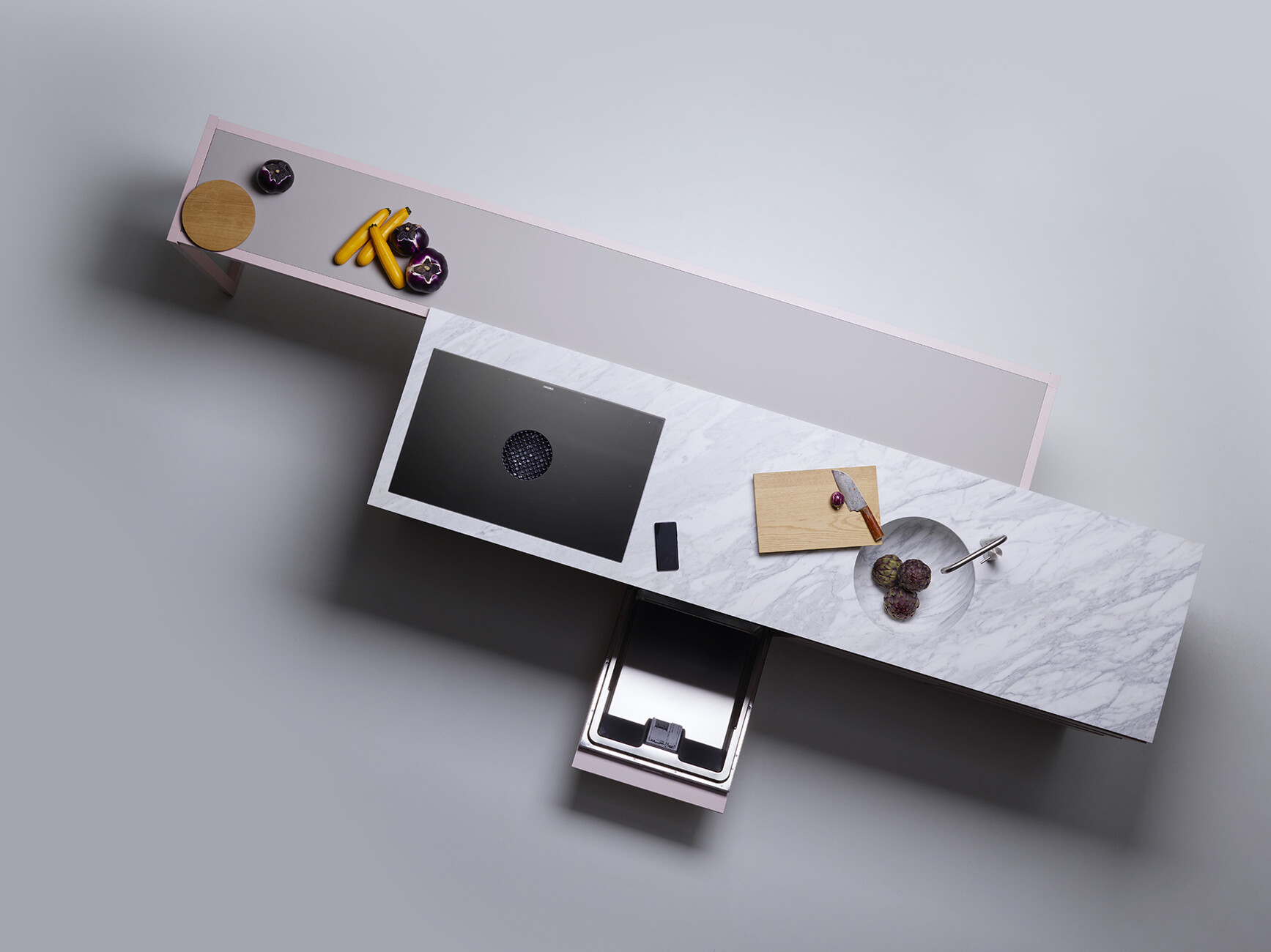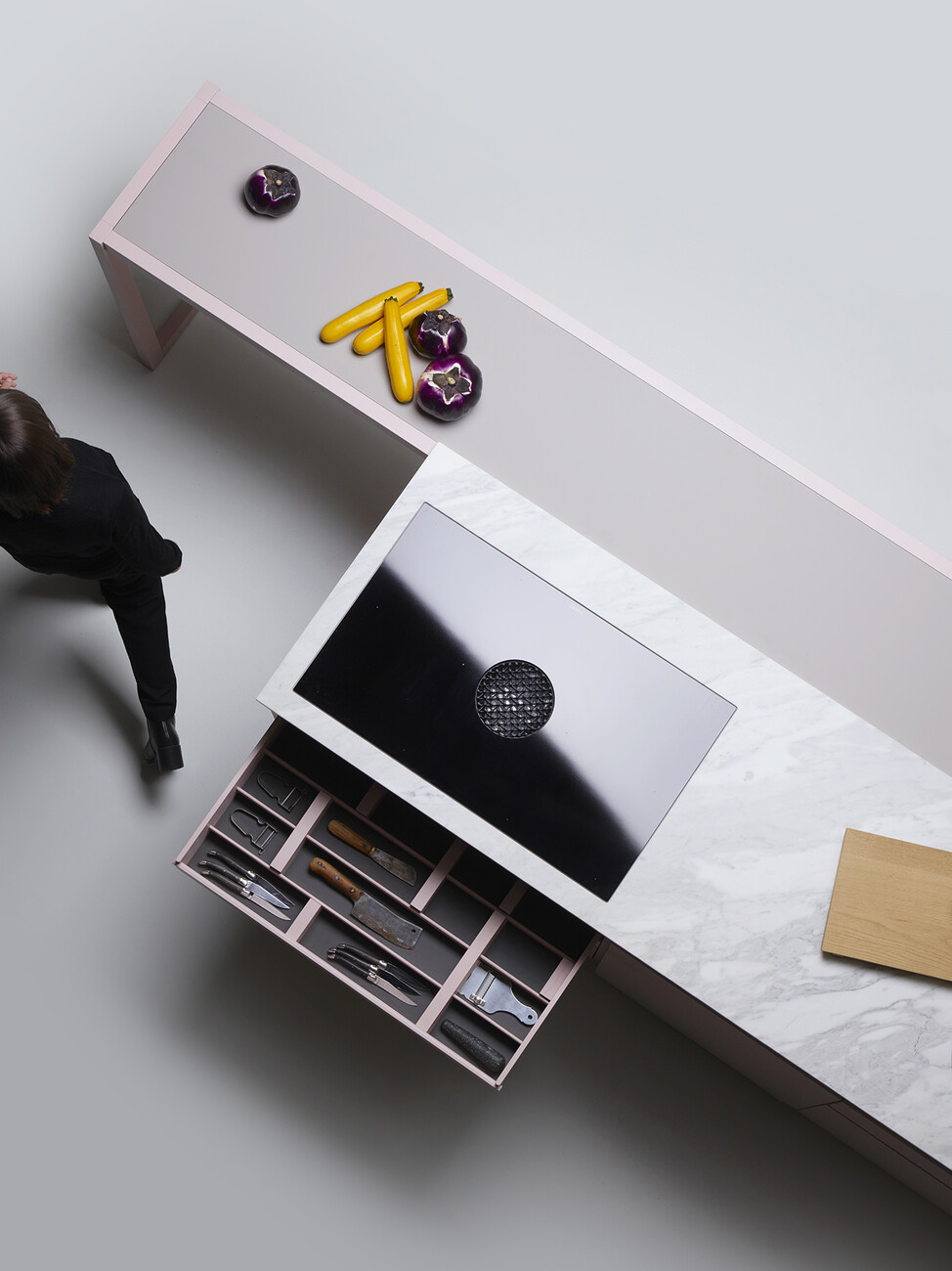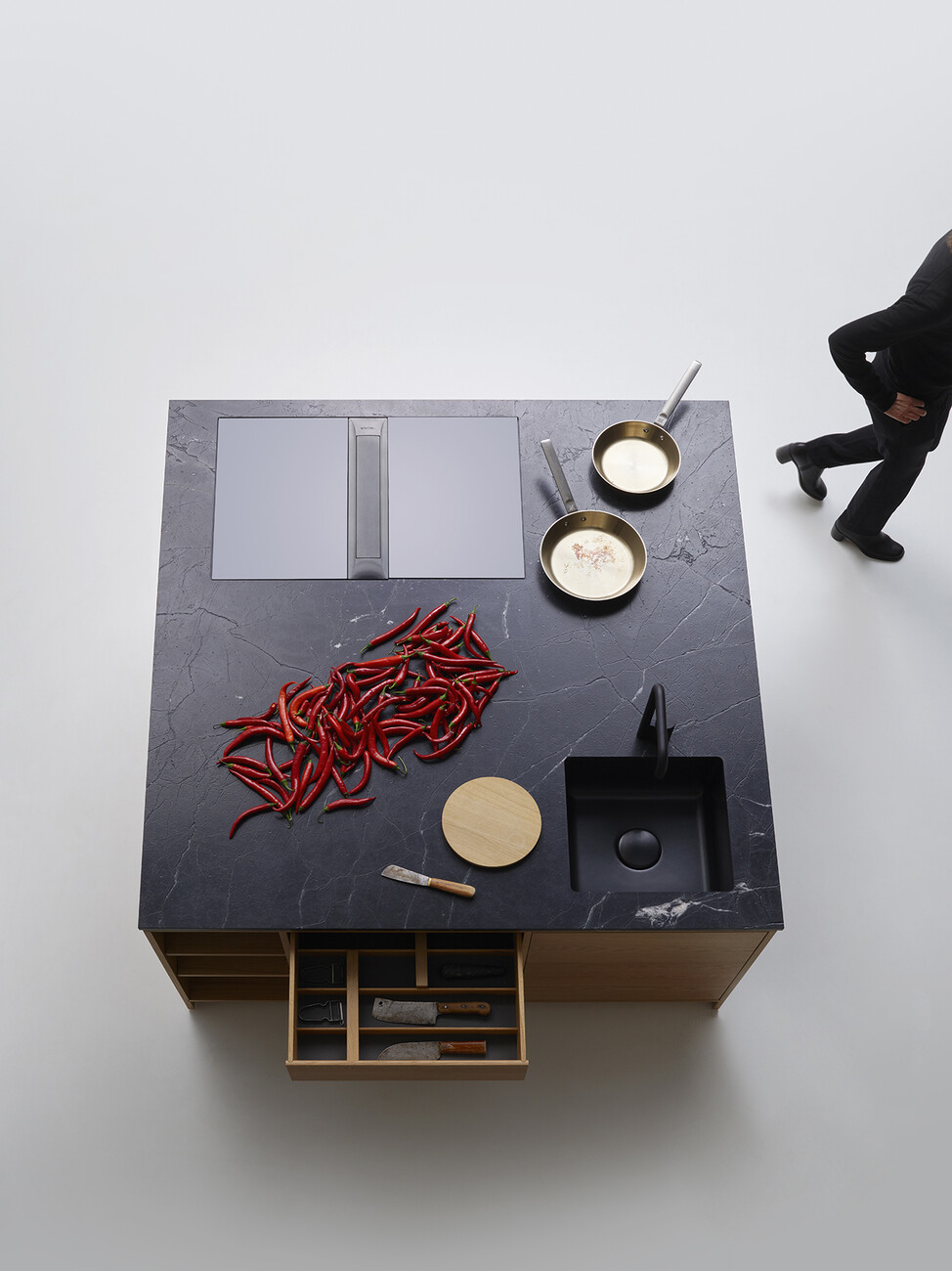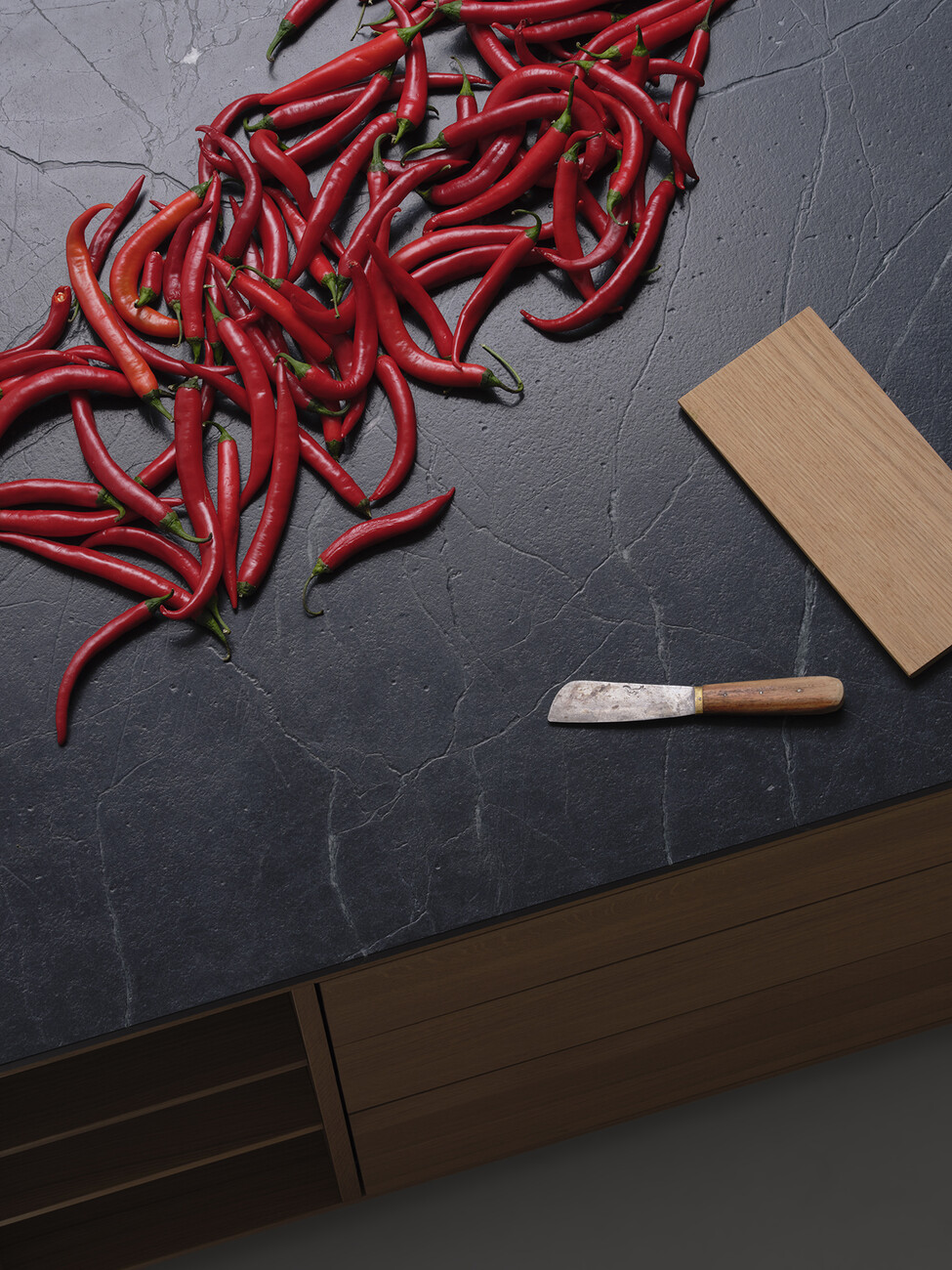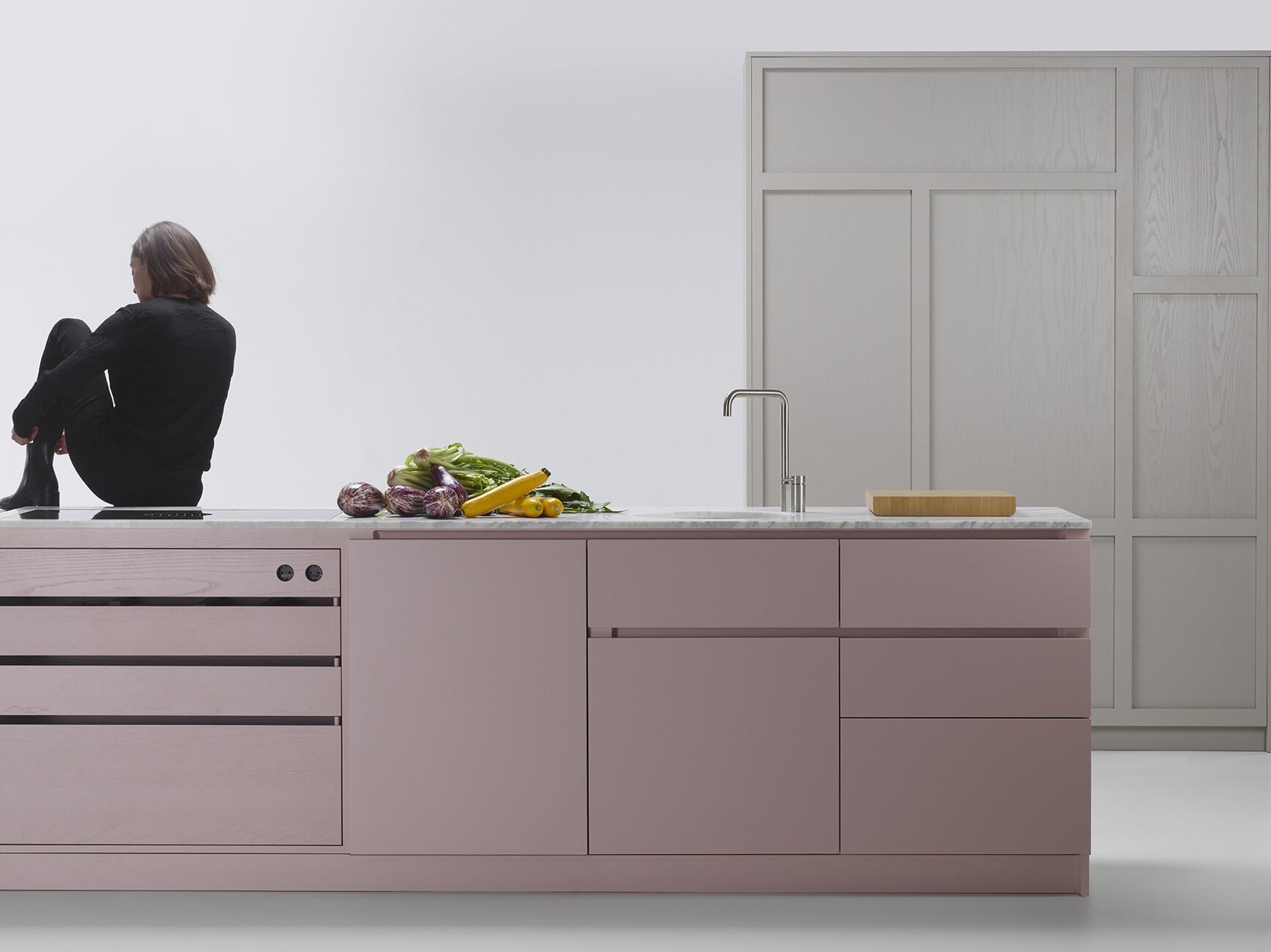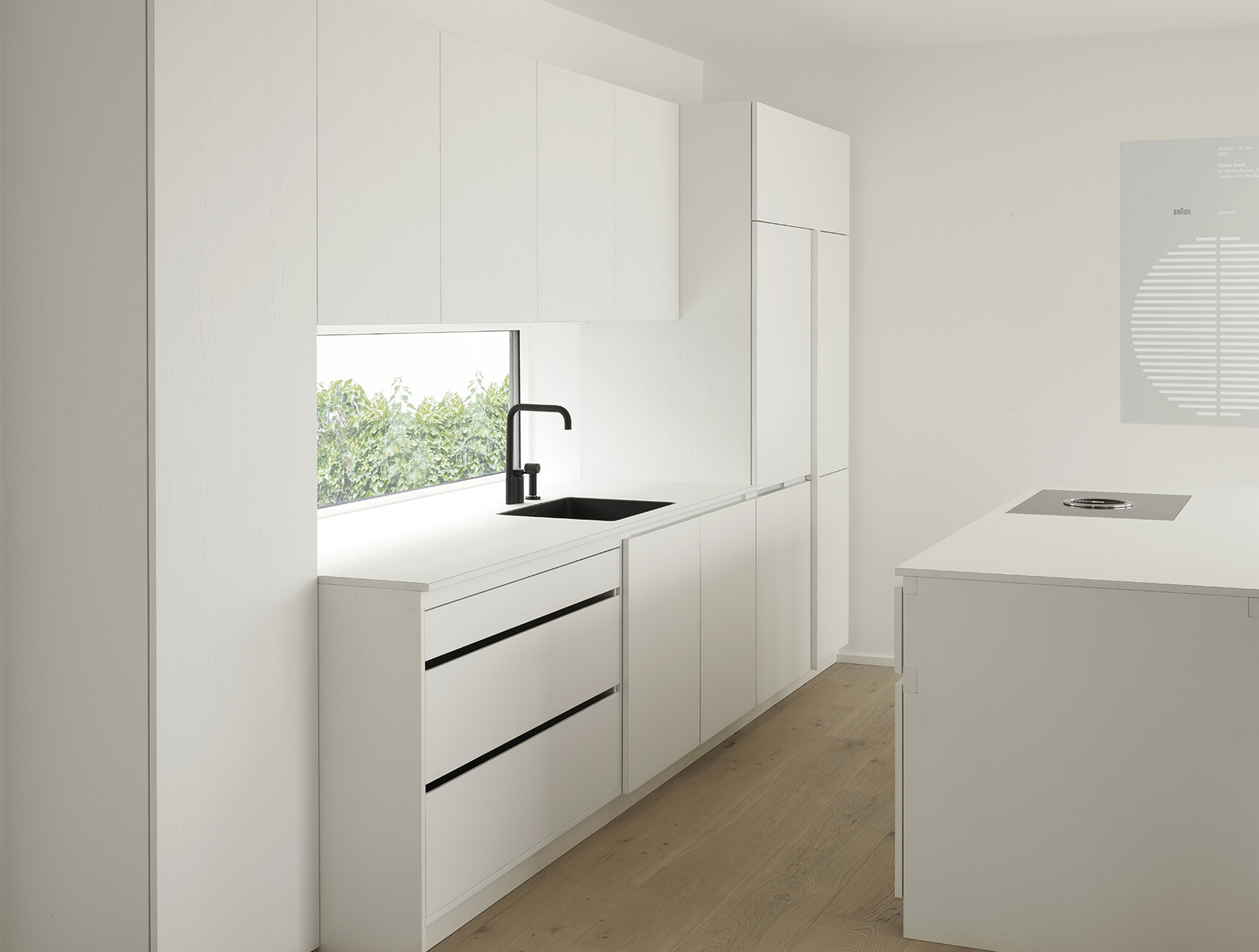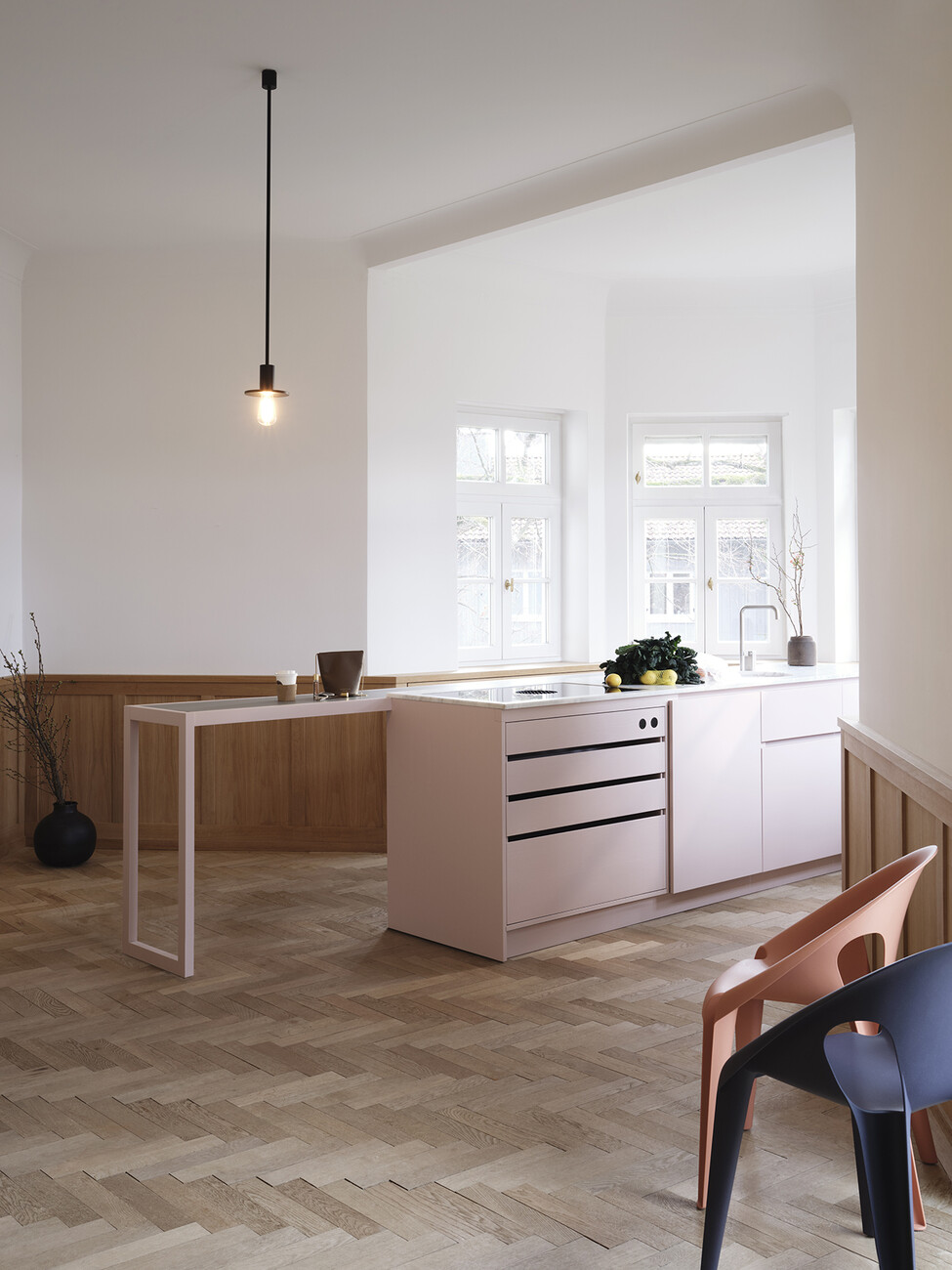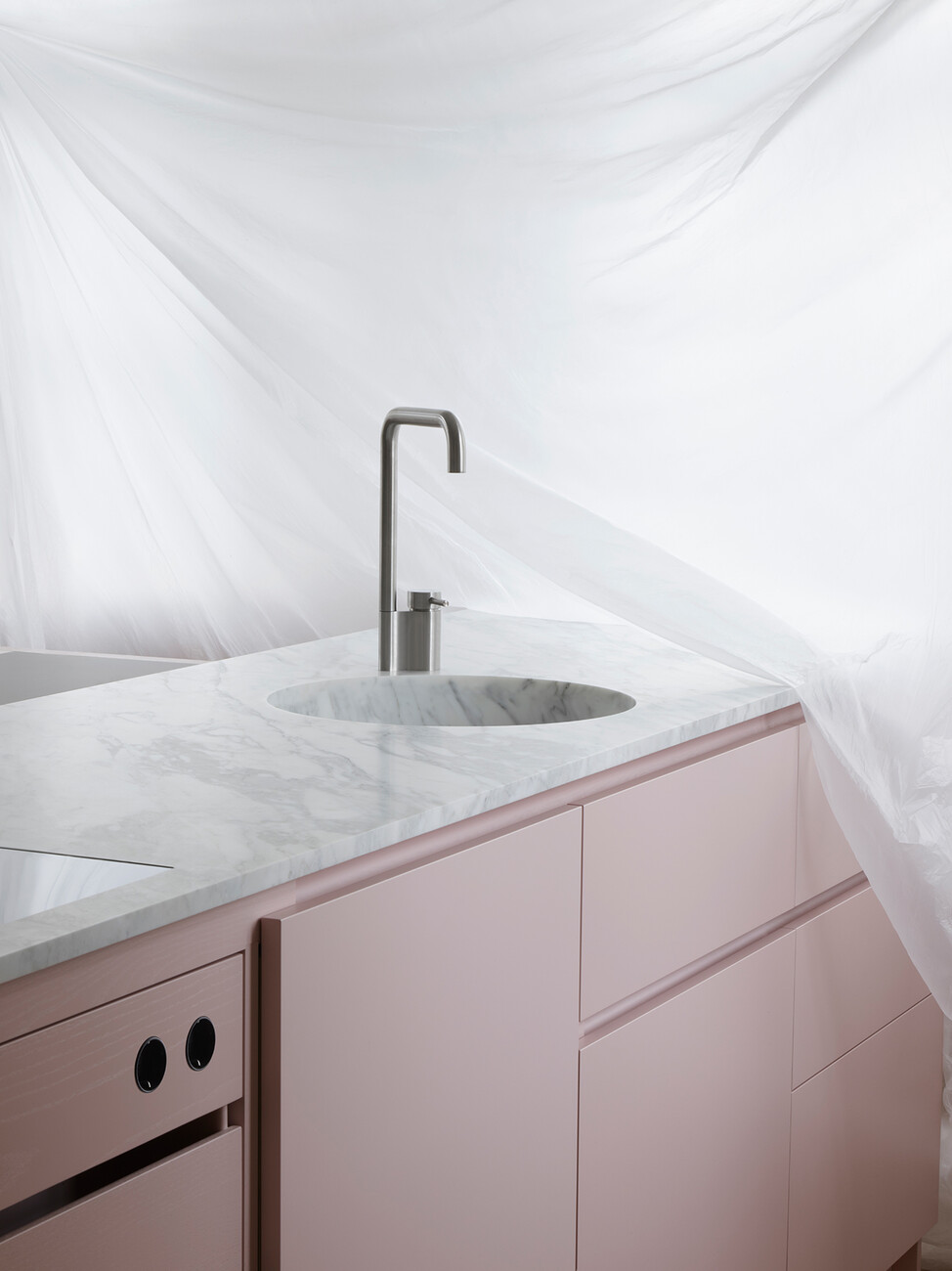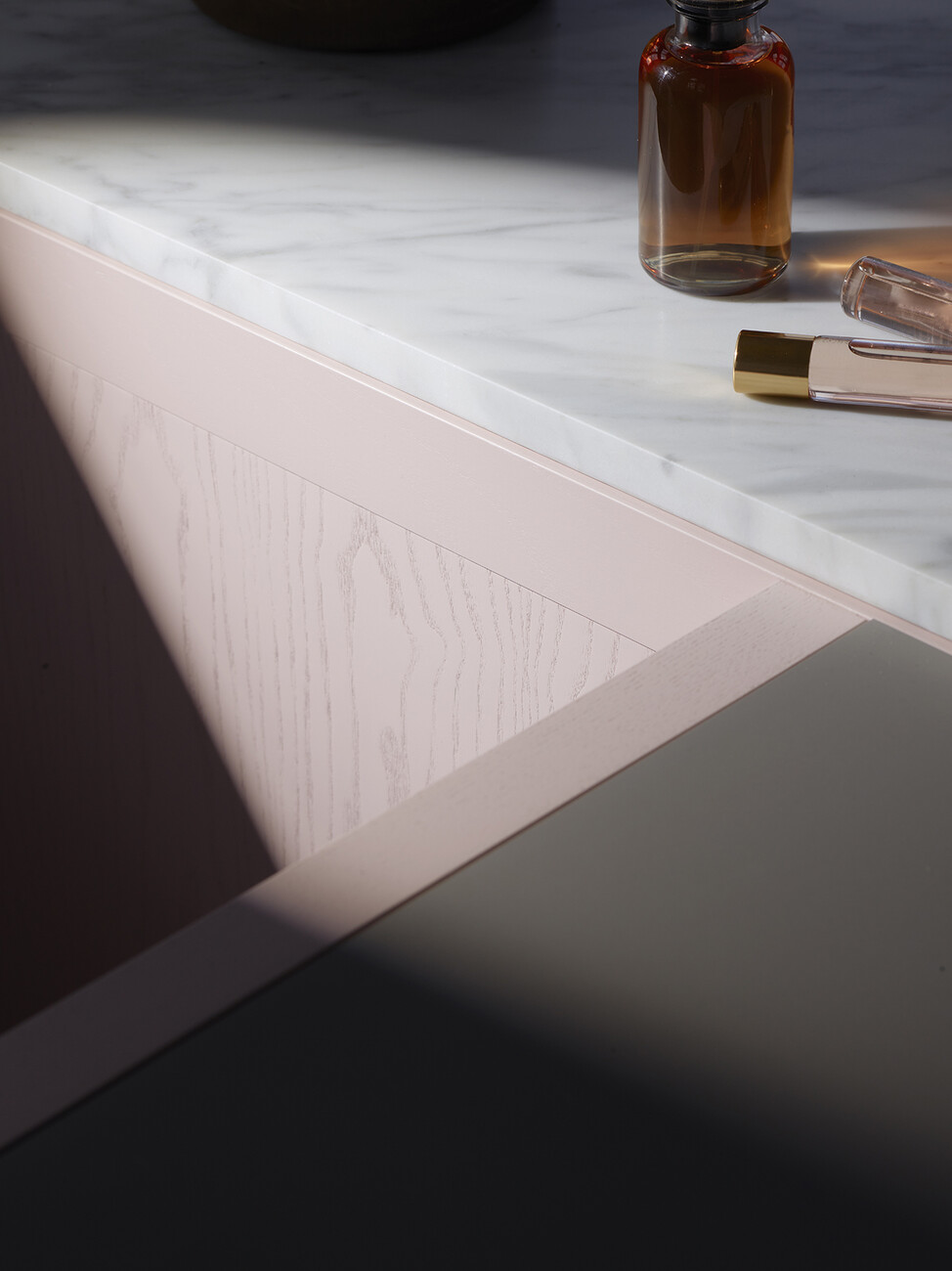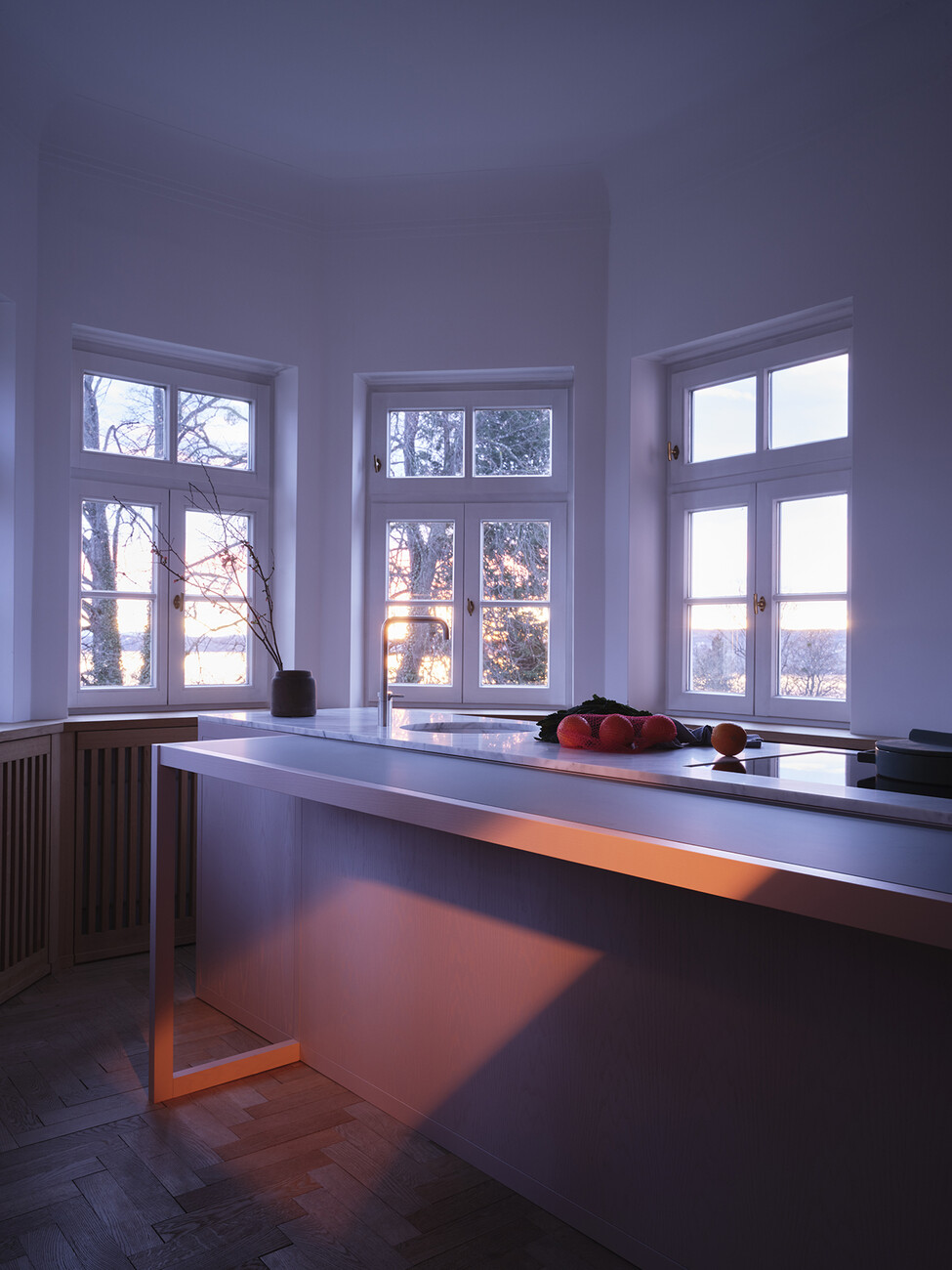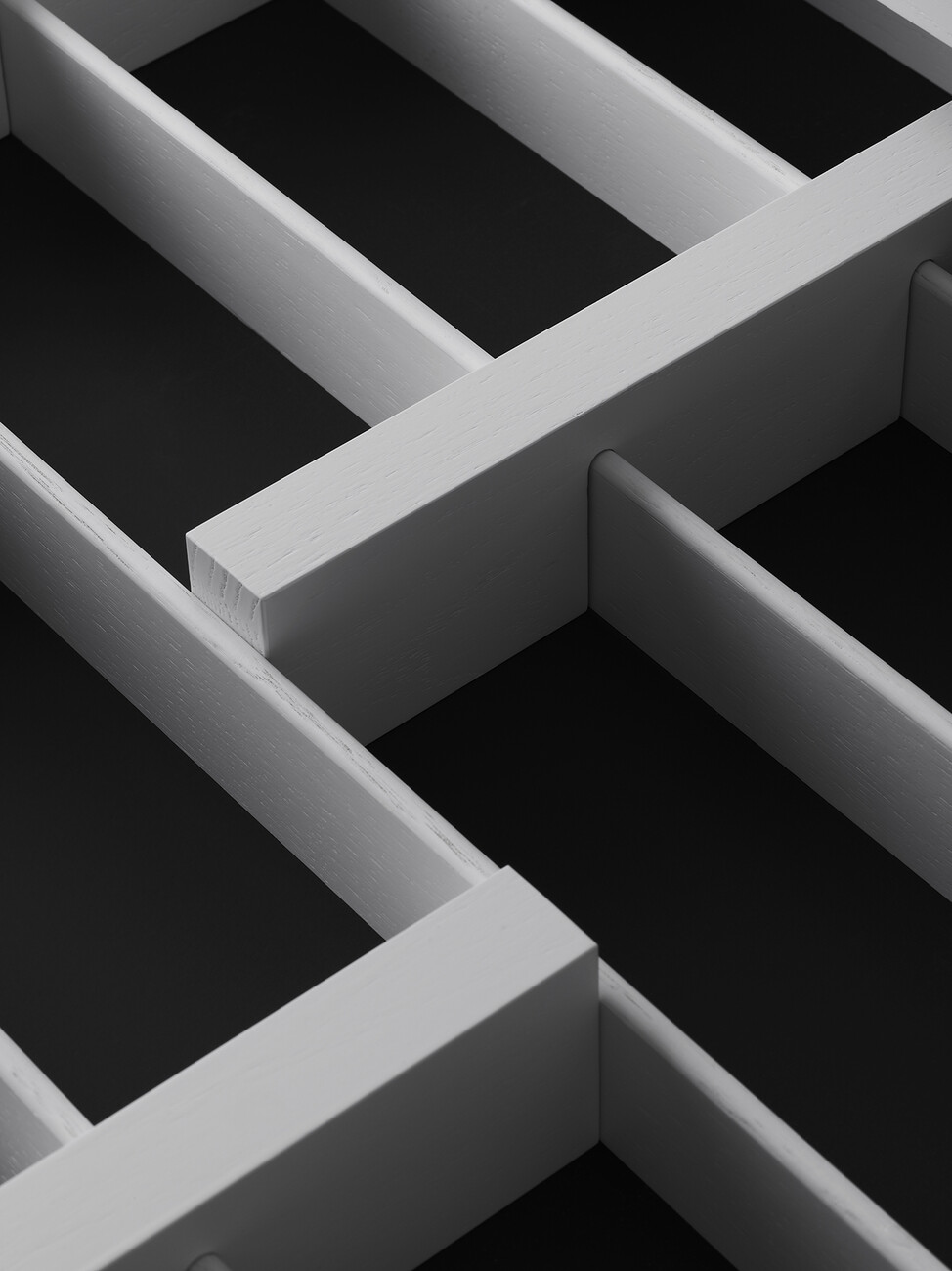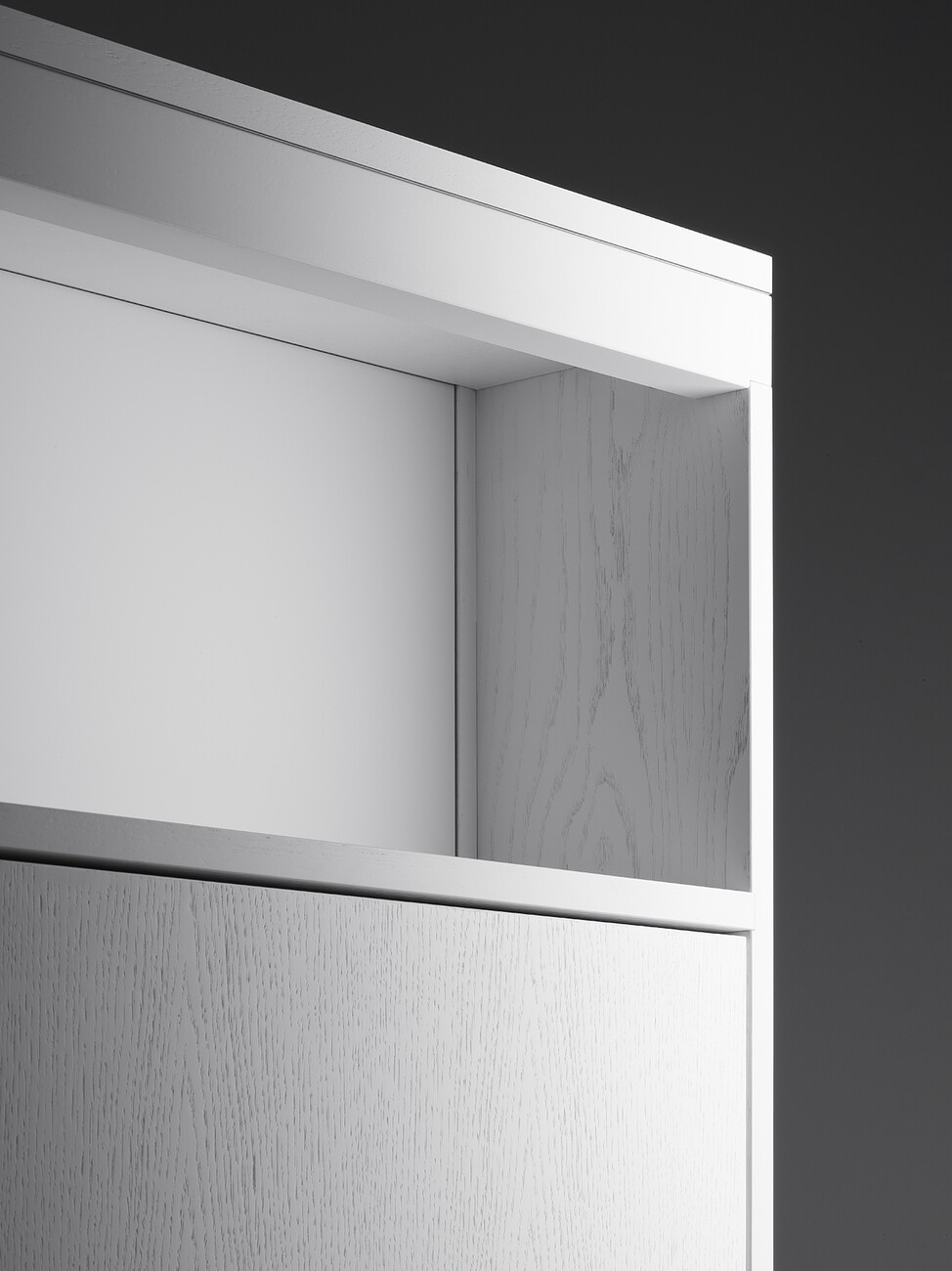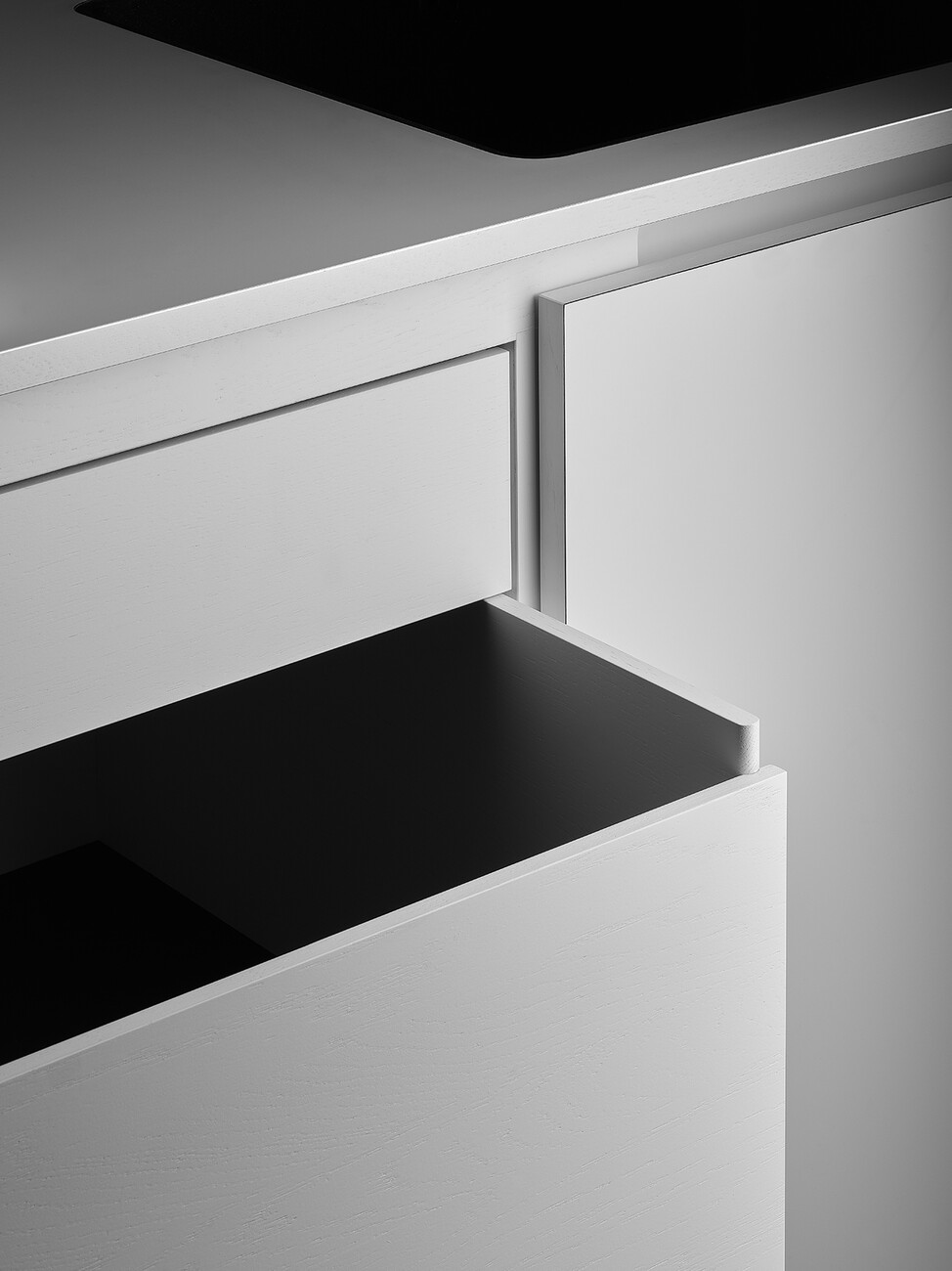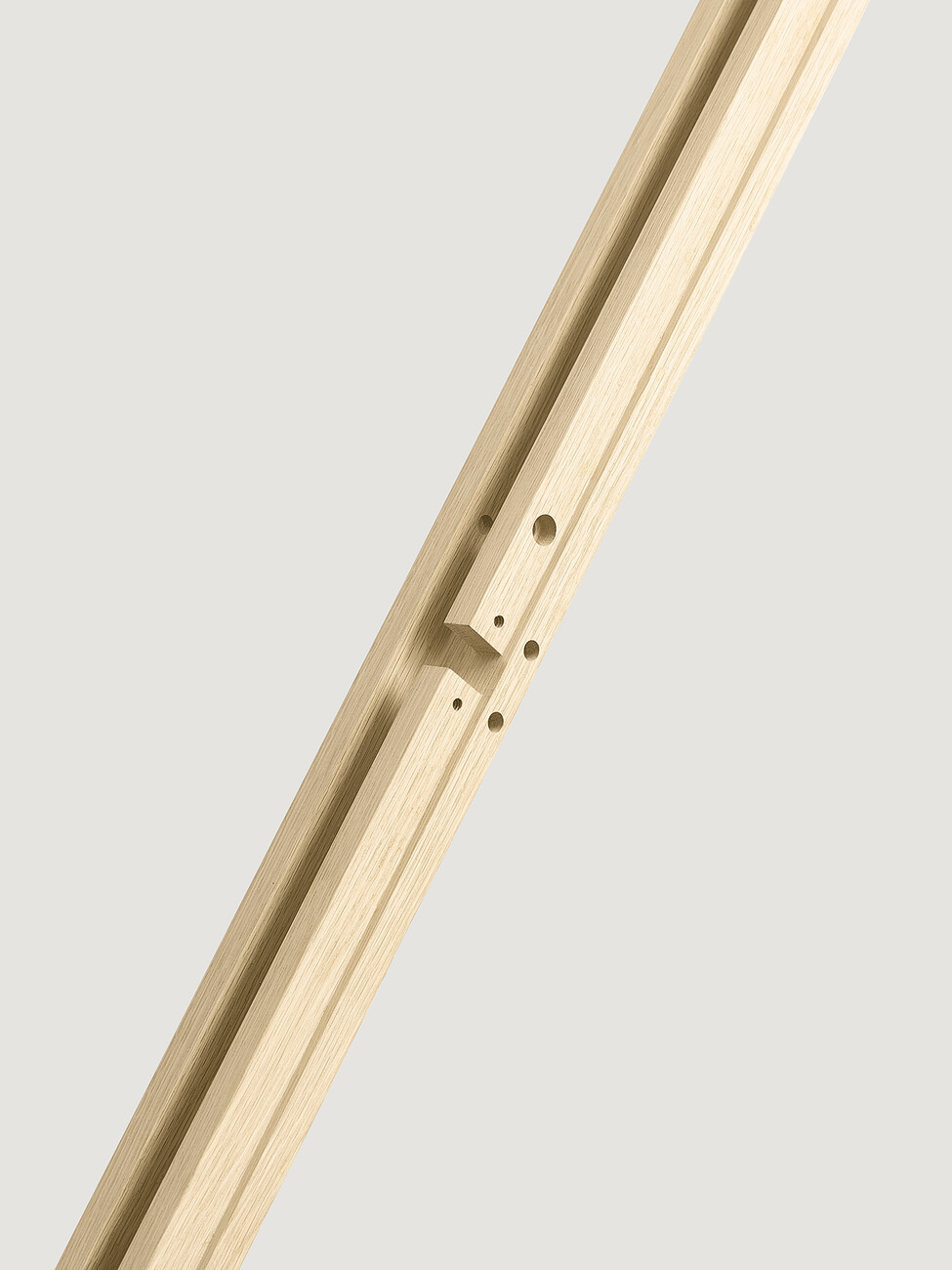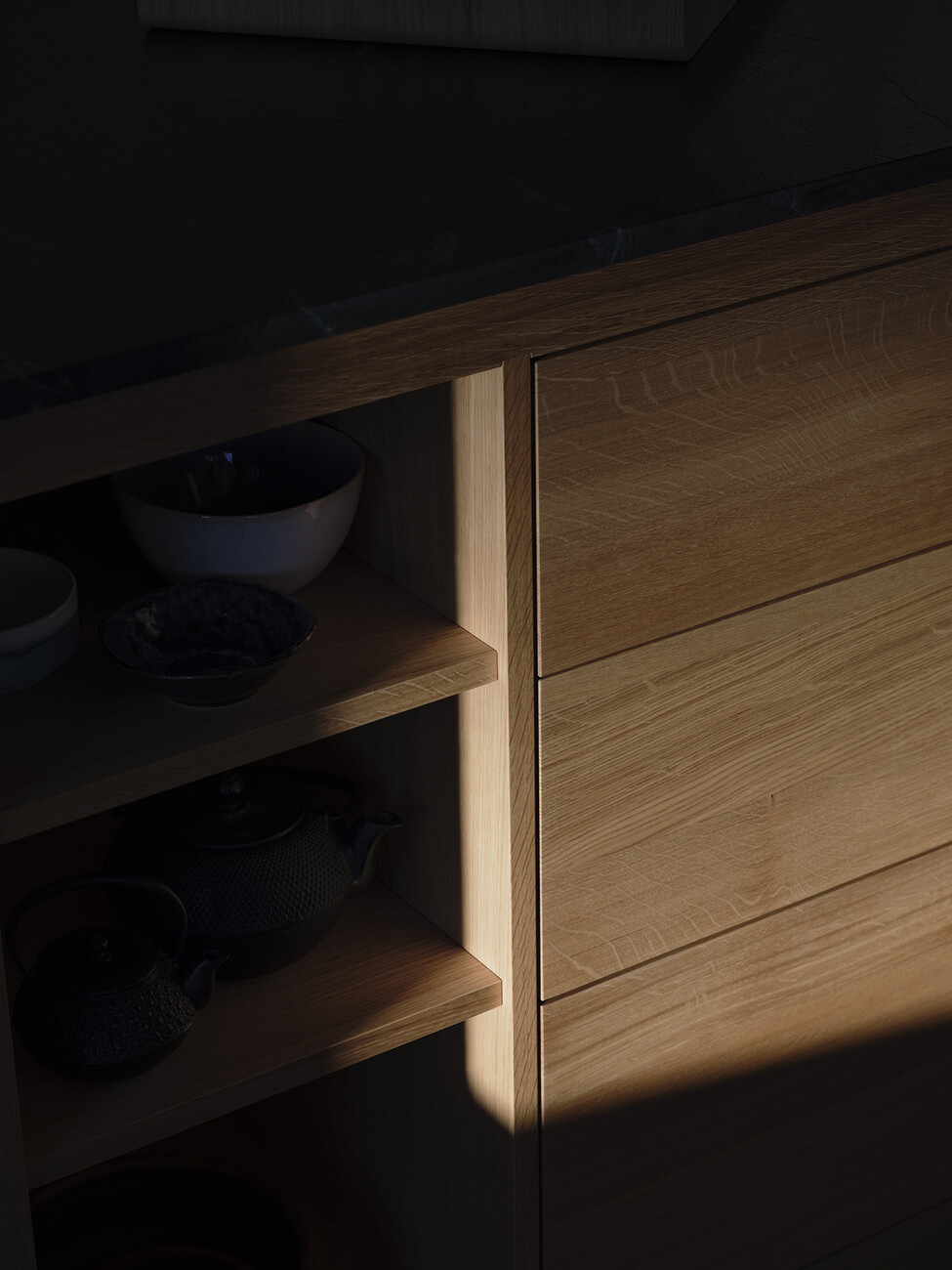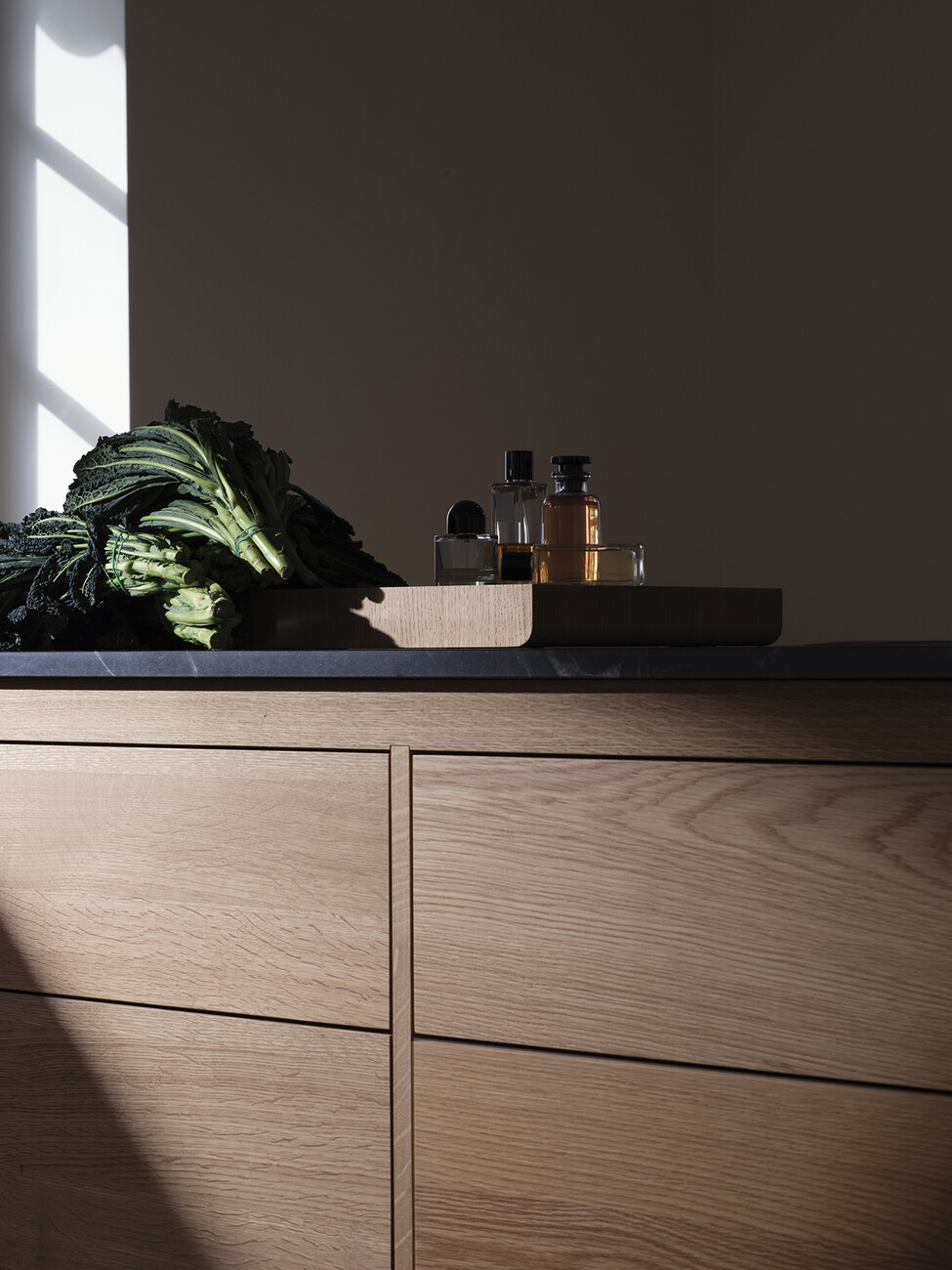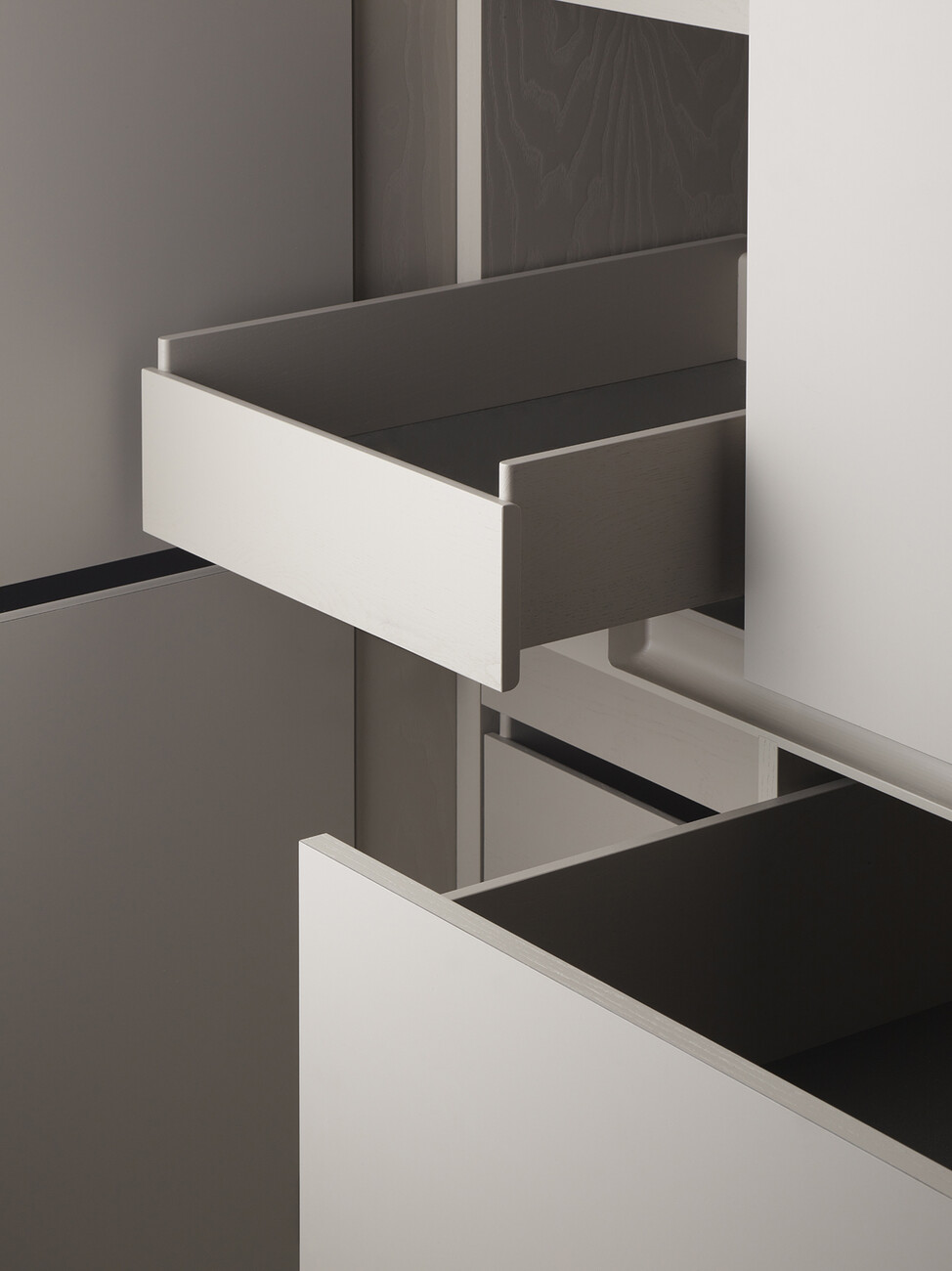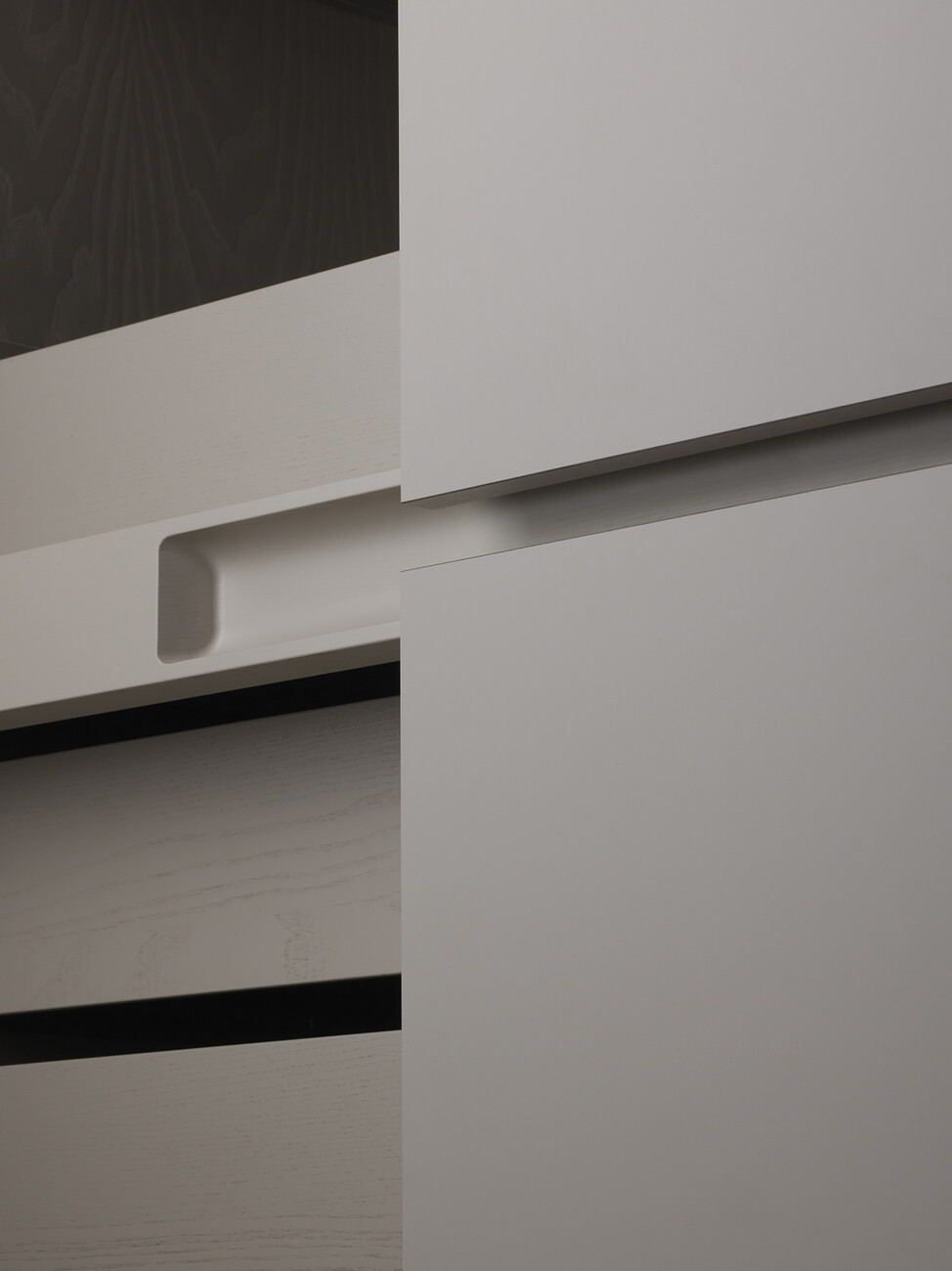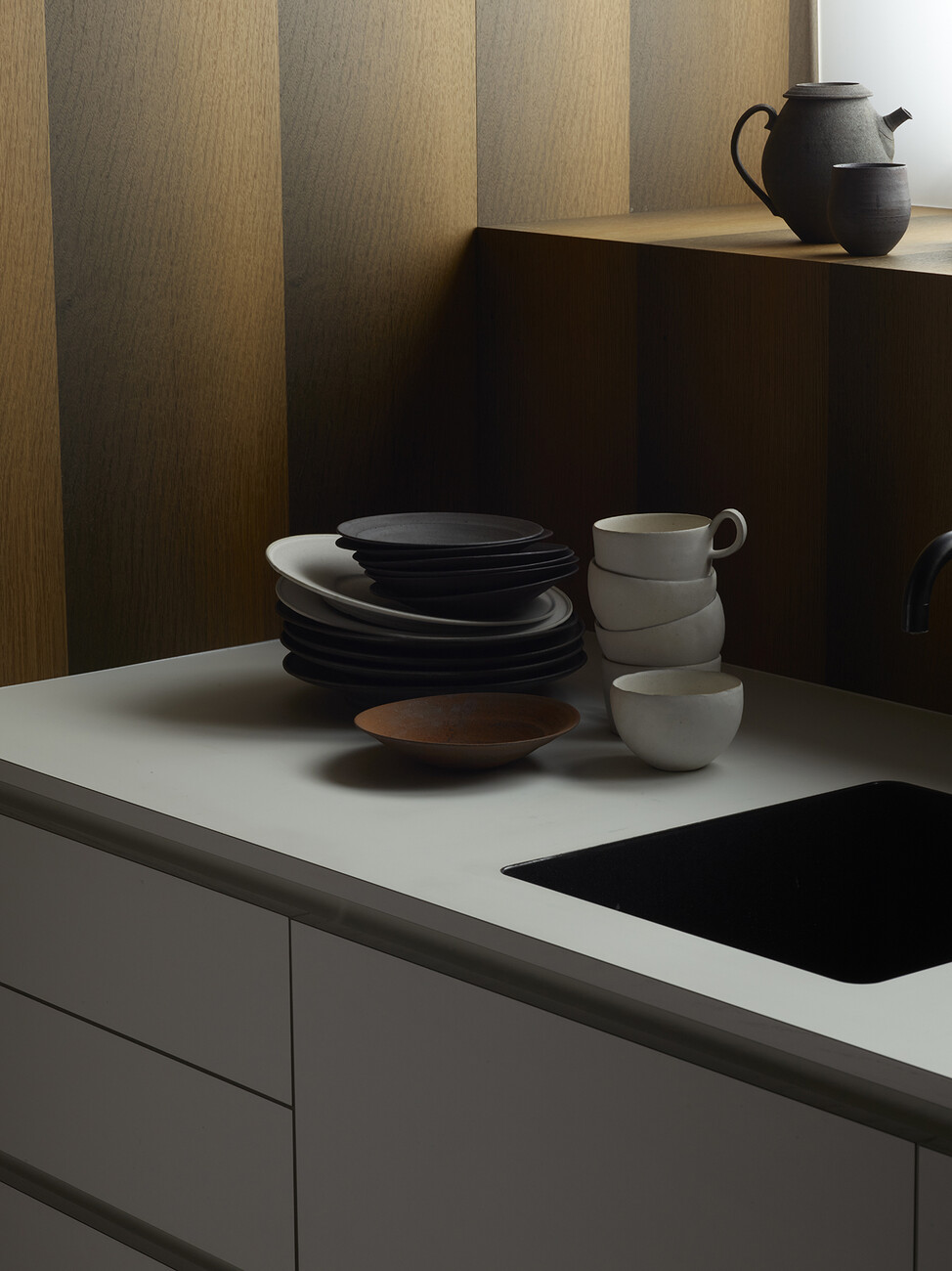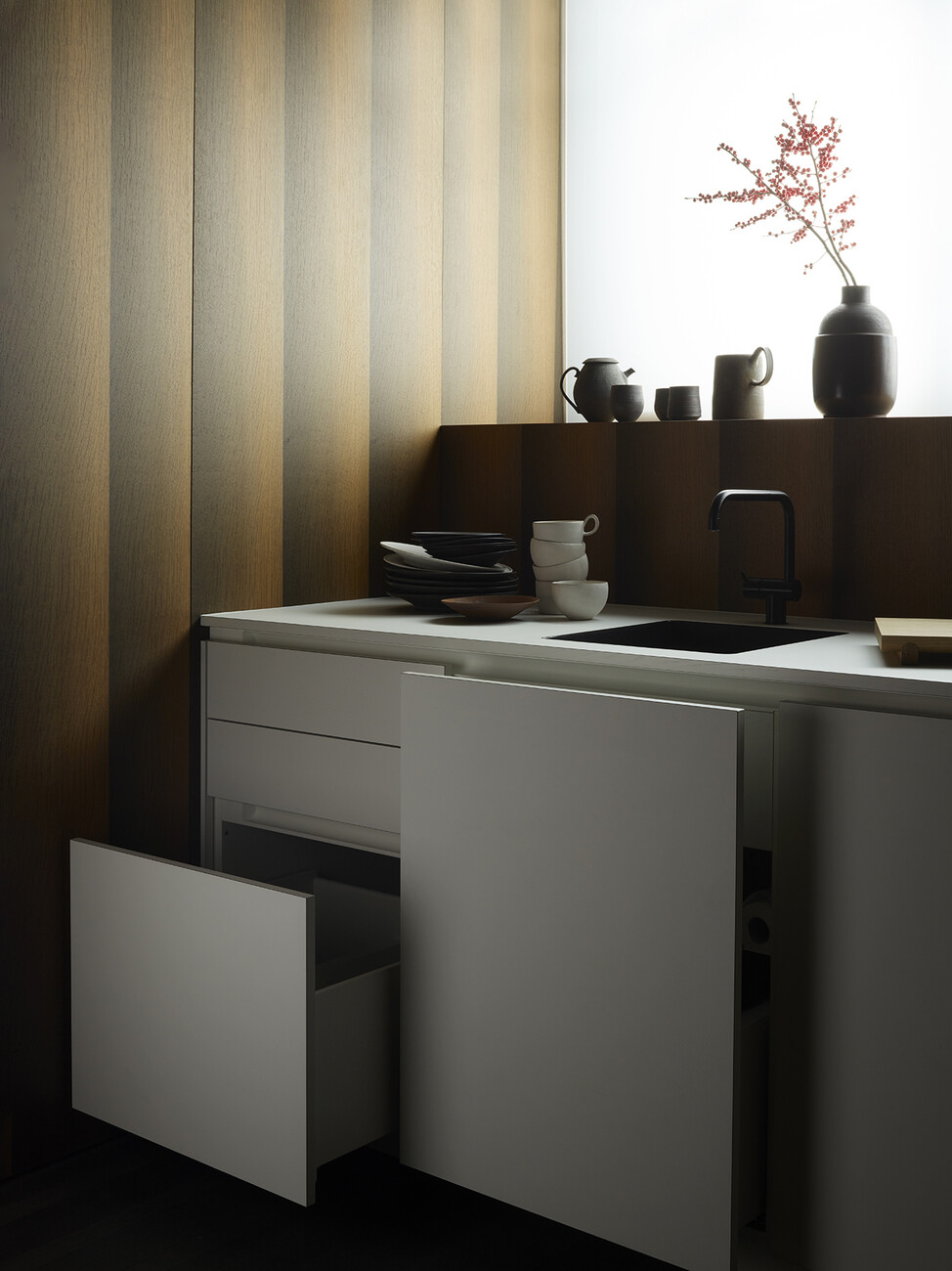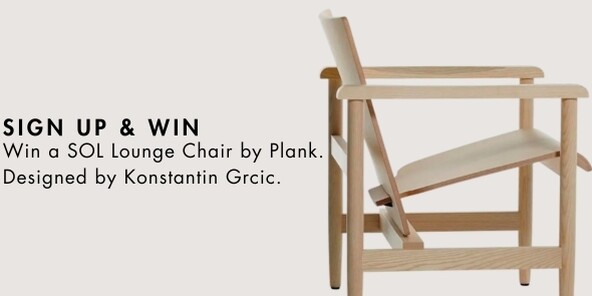Questioning Standards
Instead of continuing to play Tetris with traditional units, J*Gast offers a completely new approach to kitchen design: “'J*GAST' is not what you would call a unit kitchen, no longer a standardized module. It is a patented frame system in which a contemporary piece of kitchen furniture is created by inserting components that are suspended from the hooks,” explains Christian Brandes, Managing Director of J*Gast. Instead of having many units all you need is one side panel and one bottom. The upper end is no longer part of the body, but instead serves as the work surface. Since all elements are only plugged into each other on site, they also take up less space during transport. “What appealed to us was striking a balance between the flexibility of a handcrafted kitchen produced by a cabinetmaker and industrial production and the associated mindset. We wanted to move away from mass production in favor of personalized kitchens, based on the options Industry 4.0. offers," says Jan Heinzelmann from the OHA design studio. The goal was to make contemporary, honest, and high-quality architectural furniture, he says.
Challenging the established principles has paid off: "J*GAST" offers a flexible system of high-quality materials in an aesthetic design and has a sustainable approach from start to finish. “To give an example, we took the design of an L-shaped kitchen and realized that we could get by with half the parts you would need for a standard unit-style kitchen,” says Tobias Petri. Instead of the melamine-coated chipboard commonly used for paneling 'J*GAST' features components veneered with real wood and solid wood drawers, either painted or left with their natural look. The durable countertops are mainly made of local natural stone or terrazzo or covered with a nano-layered material called Fenix. Each countertop is only two centimeters thick and clearly set off from the body below by the distinctive horizontal line of the handle. The solid wood handle is the central horizontal element structuring J*Gast kitchens and by way of a precisely shaped intervention replaces visible handles on the kitchen front. Moreover, the concept allows customers to adapt the design to their individual architectural environment, albeit within a framework that the team has defined in advance. The signature design of the J*Gast kitchens should always remain visible. “Thanks to its design, 'J*GAST' is much more individual than standard unit kitchen systems. Not only is it possible to combine open and closed elements, there is also a broad range of combinations of interior and exterior fronts that can completely change the character of a kitchen,” RelvãoKellermann suggest.
The materials used are real - “f*ck the fake,” so to speak, a statement that art director Mike Meire chose for "J*GAST" and that informs the aesthetics. “It has a different value, becomes a piece of furniture,” says Tobias Petri of Holzrausch. Anything else would have come as a surprise, since Holzrausch has been creating high-quality architectural furniture and interior fittings with a clear design language using wood, glass, natural stone and metal since 1998. A showroom is now being built for the J*Gast brand in Blumenstrasse in Munich's Old Town area. “We will continue to work together and look for ways to expand the system even further, while at the same time promoting dialogue with personalities from different sectors through open table events,” say RelvãoKellermann. The first 80 or so kitchens that feature J*Gast already show that factors such as sustainability, individual design and a customized kitchen are not empty phrases for the team, but rather challenges that they have successfully tackled.

